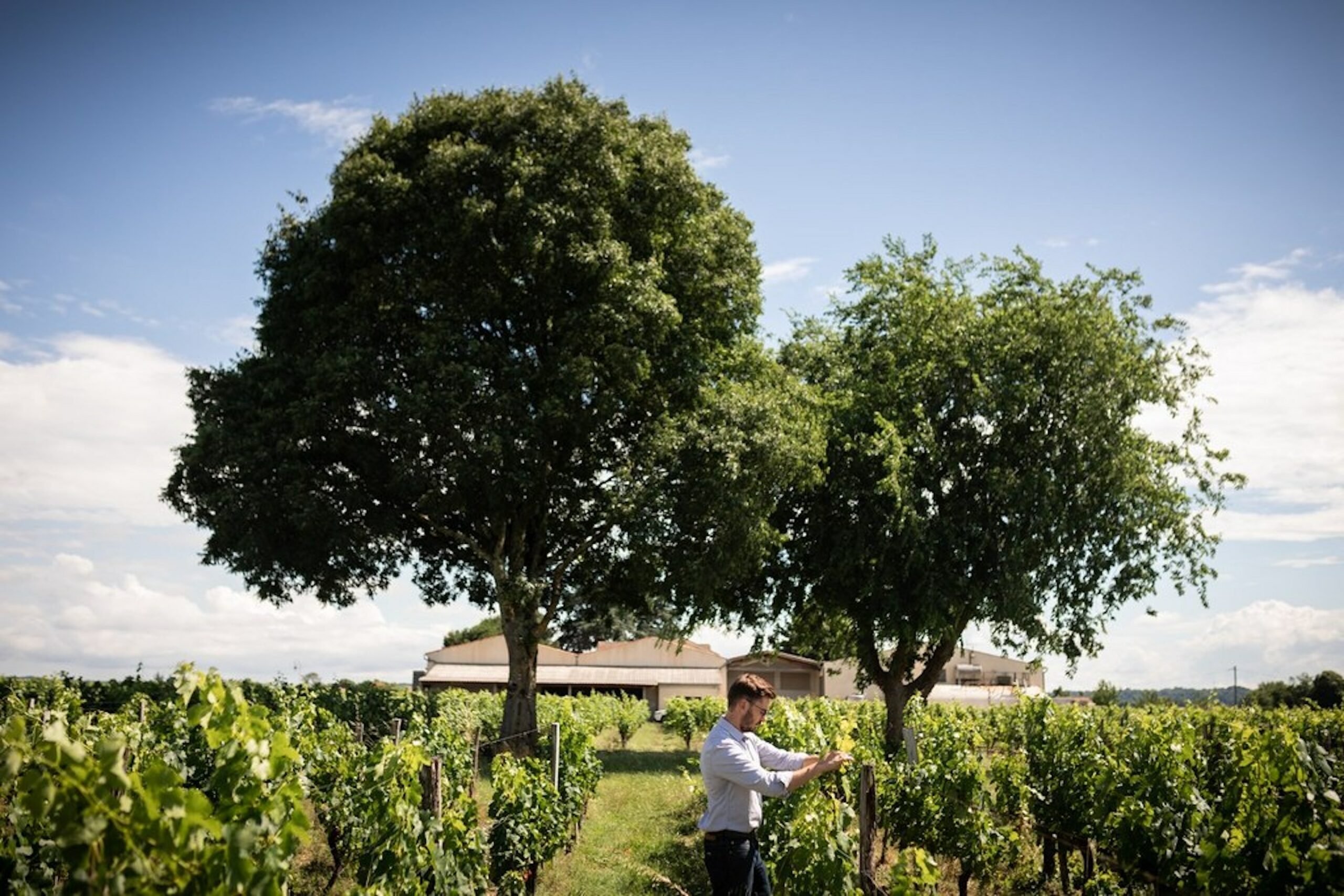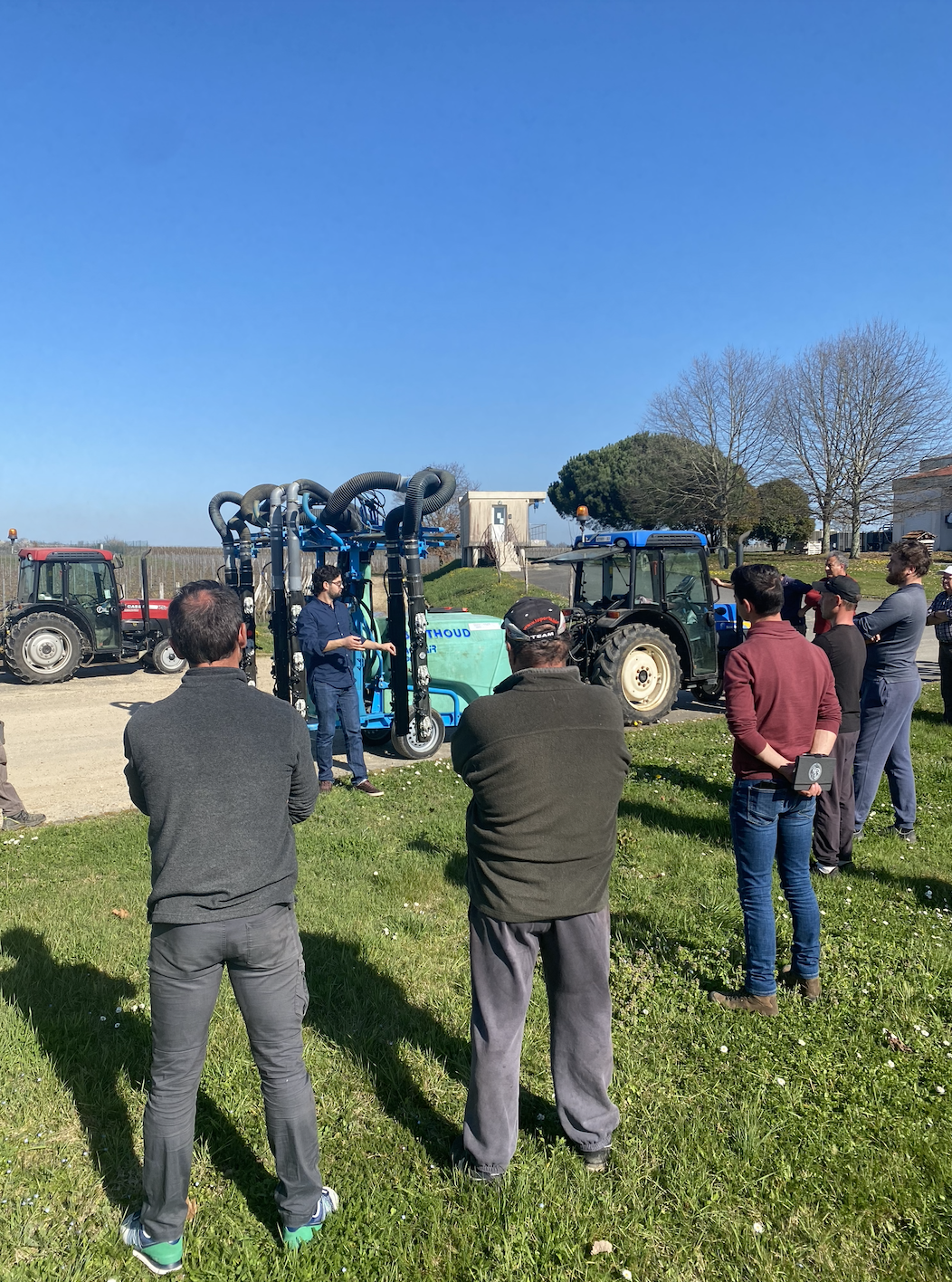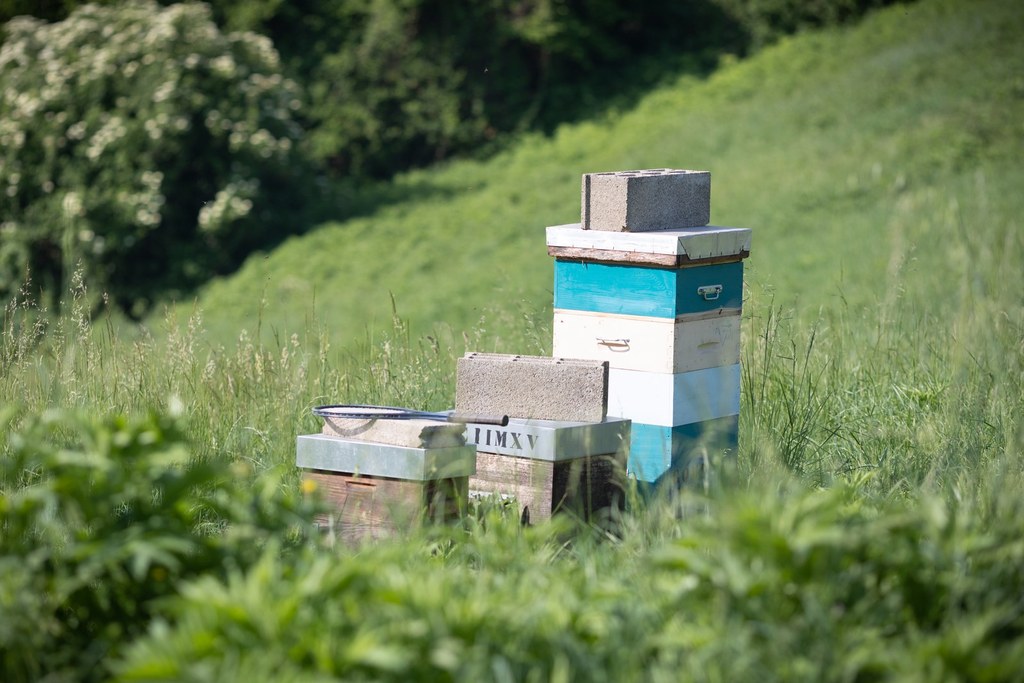


Towards less pesticides and more biocontrol
Continuing to reduce the use of plant protection products is a major daily concern, in response to societal pressure and consumer expectations.

Pour mesurer les progrès et les évolutions en la matière, de nombreux indicateurs sont mis en place. Même si les produits utilisés (labélisés par une Autorisation de Mise sur le Marché) le sont avec modération et précaution, tout doit être fait pour mesurer et limiter l’impact des pratiques sur l’environnement.
Point de départ de ces bonnes pratiques, le bon réglage du matériel de pulvérisation est un élément clé pour optimiser les traitements, mieux protéger la vigne et réduire la dispersion des produits dans l’environnement.
Le Conseil des Vins organise régulièrement des campagnes de sensibilisation au bon réglage du pulvérisateur et fournit à cette occasion un kit d’autodiagnostic aux viticulteurs.
Numerous indicators are in place to measure progress and developments in this area. Even if the products we use (which are certified by a Marketing Authorization) are used with moderation and caution, everything possible must be done to measure and limit the impact of our practices on the environment.
The starting point for these good practices is the correct adjustment of spraying equipment, a key factor in optimizing treatments, protecting vines and reducing the dispersion of products in the environment.
The Saint-Emilion Wines Council regularly organizes campaigns to raise awareness of proper sprayer adjustment, and provides winegrowers with a self-diagnosis kit.
Les Vins de Saint-Emilion are also involved in projects with the Ligue de Protection des Oiseaux (LPO). A group of winegrowers has been set up to analyze bat activity in the vineyards and in the vicinity of agro-ecological infrastructures. Bats are a species that can be very useful in the fight against disease: a single animal can hunt up to 3,000 insects per night, thus limiting the use of phytosanitary products.
Using an ultrasound microphone, winegrowers can record intercepted calls, geolocate them and recognize the species using an application. Together with the LPO, we have learnt a number of lessons that will enable us to adapt the vineyard to attract these allies of the vines and maximize predation.


Another of the vine’s flying allies are pollinating insects, particularly bees. Their role is crucial in preserving biodiversity and ecosystems. So, to protect them and boost populations in the vineyard, Bee Friendly certification (level 2 environmental certification) encourages estates to adopt practices that preserve pollinators by guaranteeing responsible agriculture.
Wineries provide suitable habitats for bees, avoid the use of pesticides harmful to pollinators and commit to respectful cultivation methods. Flowers and a variety of plant species are reintroduced to plots and surrounding areas for the comfort of bees, providing them with a natural habitat conducive to their development.